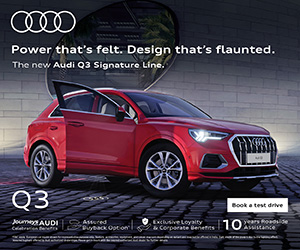Tata Motors Hopes New FAME-III Program and Festive Season Will Increase EV Sales
2024-08-09
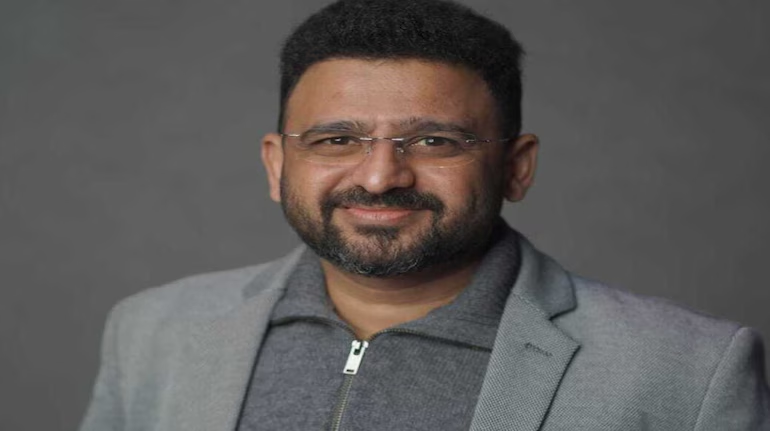
On Wednesday, Tata Passenger Electric Mobility Ltd, the electric vehicle (EV) division of Tata Motors, explained that the recent drop in sales of four-wheel EVs is due to the government ending the Faster Adoption and Manufacturing of Electric Vehicles-II (FAME-II) program on March 31. This change has forced fleet operators to frequently adjust their purchasing plans.
Many buyers are eagerly waiting for the FAME-III program to start.
Data from the Federation of Automobile Dealers Associations (FADA) showed that EV sales decreased between May and July compared to last year.
In May, EV sales dropped by 1.2% compared to the same month last year. In June, the decline was sharper at 13.5%, and in July, sales slowed by 2.9% compared to the same period in 2023.
"...the de-growth in EVs is largely due to the fleet segment, which used to contribute 20 per cent to this category. Ahead of the scrapping of FAME-II, many buyers changed their purchase plans and are now waiting for FAME-III to become operational. The electric mobility promotion scheme, 2024, an interim policy, did not include EV four-wheelers. This has created a void,” Vivek Srivatsa, chief commercial officer of Tata Passenger Electric Mobility Ltd, told Moneycontrol.
Srivatsa is all for the announcement of the FAME-III scheme “as soon as possible” in keeping with the government’s mega push towards electric mobility.
He highlighted a positive aspect despite the slow growth. A senior Tata executive noted that registrations for personal electric vehicles are continuing at a steady rate.
Srivatsa held out hope for the recovery in both EV and conventional internal combustion engine car sales. There is likely to be an uptick in demand on the back of a good monsoon and the upcoming festive season, he reasoned.
Srivatsa made these observations while speaking on the sidelines of the launch of Tata Curvv, which has been positioned as a sports utility vehicle “[SUV] coupe”, on Wednesday.
Curvv comes in two main variants, depending on its battery sizes. The vehicles have been priced between Rs 17.49 lakh and Rs 21.99 lakh.
Srivatsa allayed the misgivings regarding potential cannibalisation of sales because some variants of Curvv are priced closer to the company’s other EV offerings such as Nexon.
“It (cannibalisation) is bound to happen. You cannot have watertight categories. In internal combustion engine vehicles, there is a lot of overlap in every manufacturer. Fragmentation is the way forward. As categories grow, there are bound to be overlaps. At the same time, there is a clearer definition of consumer needs. We are not worried about overlap as long as our overall numbers grow,” he said.
On Wednesday, the company also introduced the Curvv with a traditional internal combustion engine, available in both petrol and diesel versions. Bookings for this SUV coupe with a traditional engine will start in September, and the prices for the different versions will be announced then.
Customers can start booking the EV version of the Curvv from August 12, and the first deliveries are expected to begin around August 20.
Asked about the challenges to meet demand for a booking frenzy of new launches for both EVs and conventional four-wheelers, Srivatsa said the company is well-equipped to cater to its customers, contrary to a prevailing trend, where waiting time for deliveries could run up to more than a year.
"You really have to see the authenticity of (those) bookings, because on one side, discounts are being offered, and on the other side, there are waiting lists,” he quipped.
Tata Motors has kept its electric vehicle (EV) exports very low and is currently mainly selling them in Nepal.
Srivatsa said that although the company sees big export opportunities in different markets, the right timing and the right product will be important for any expansion plans.


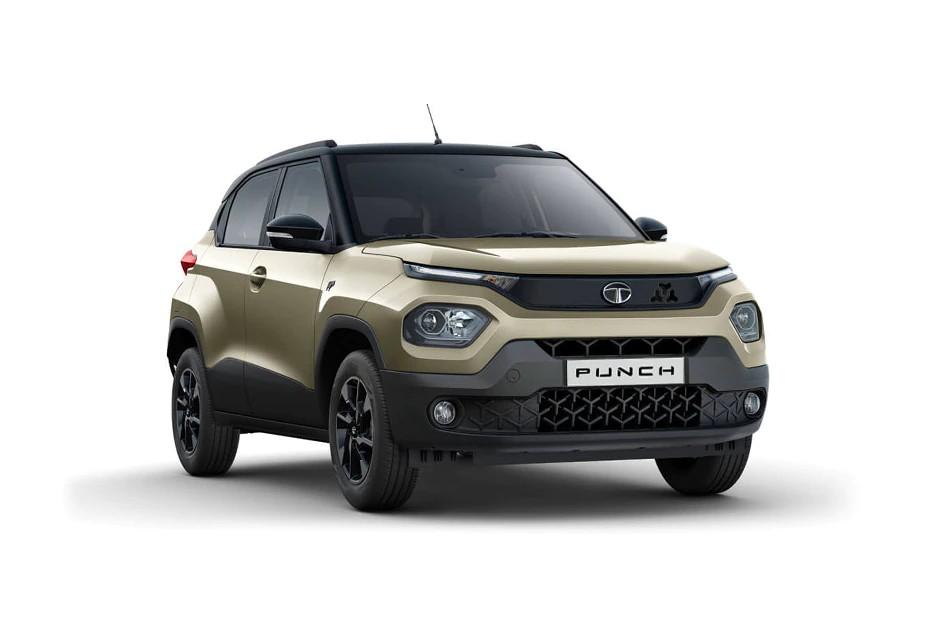

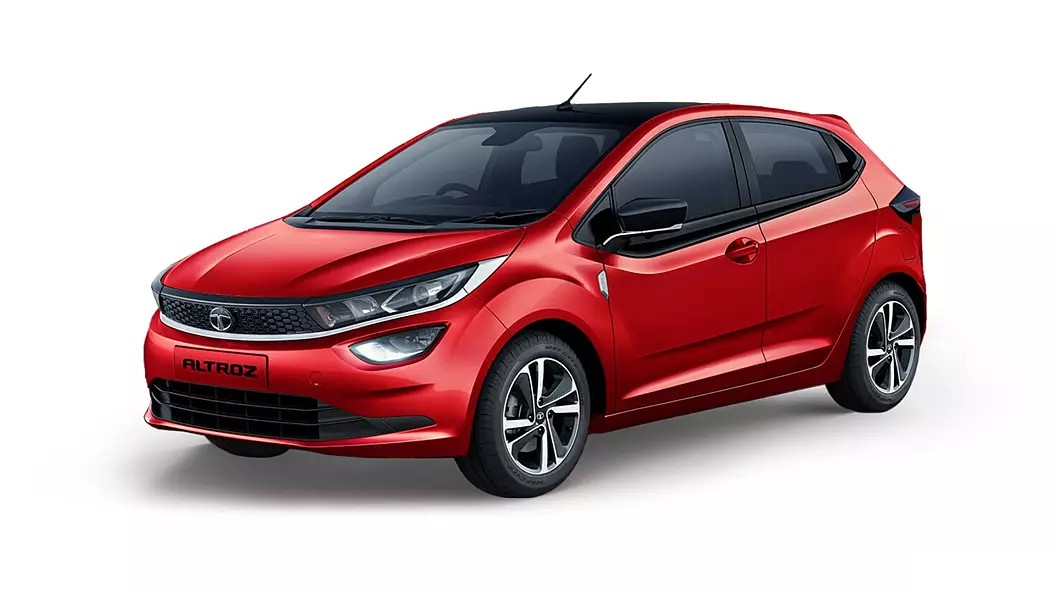





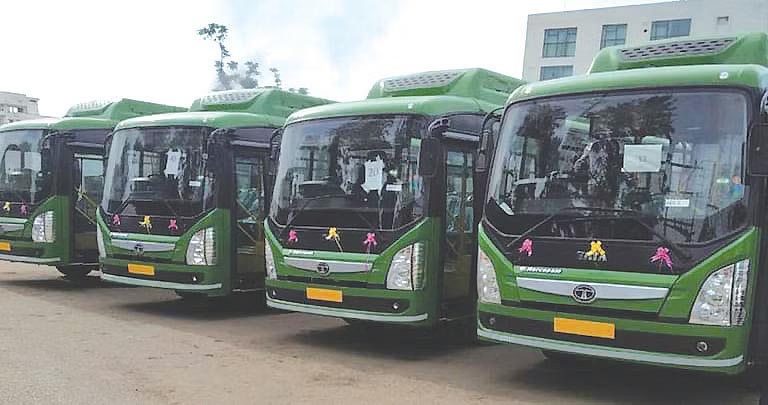
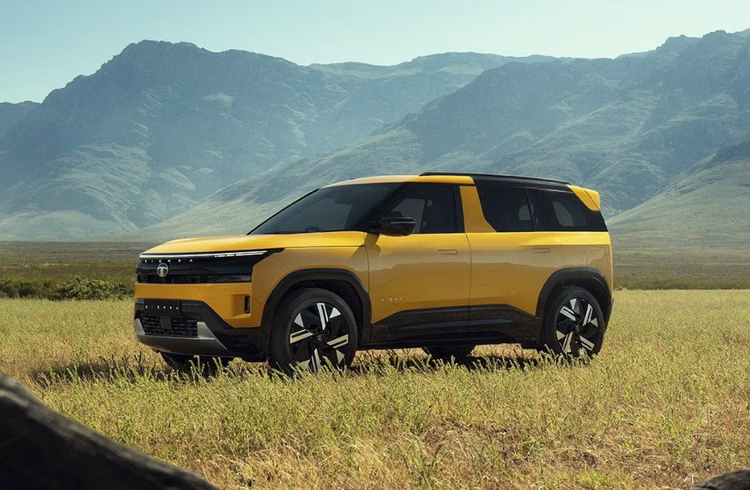
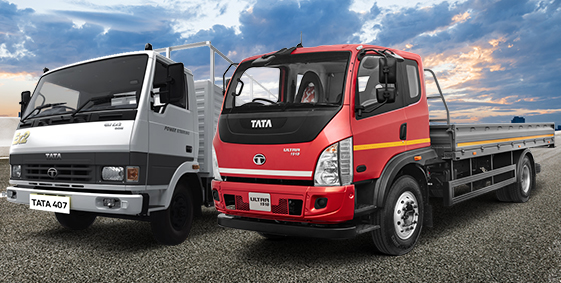
.jpg)

.jpg)

